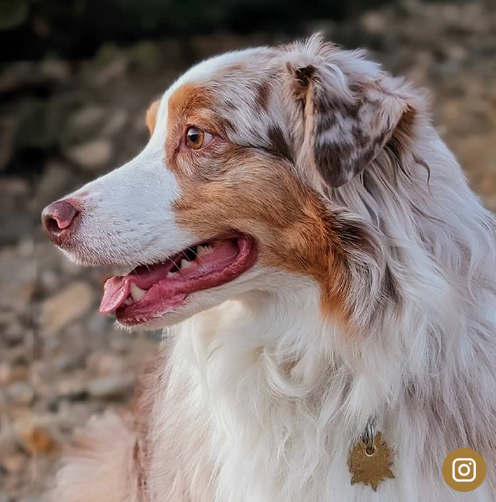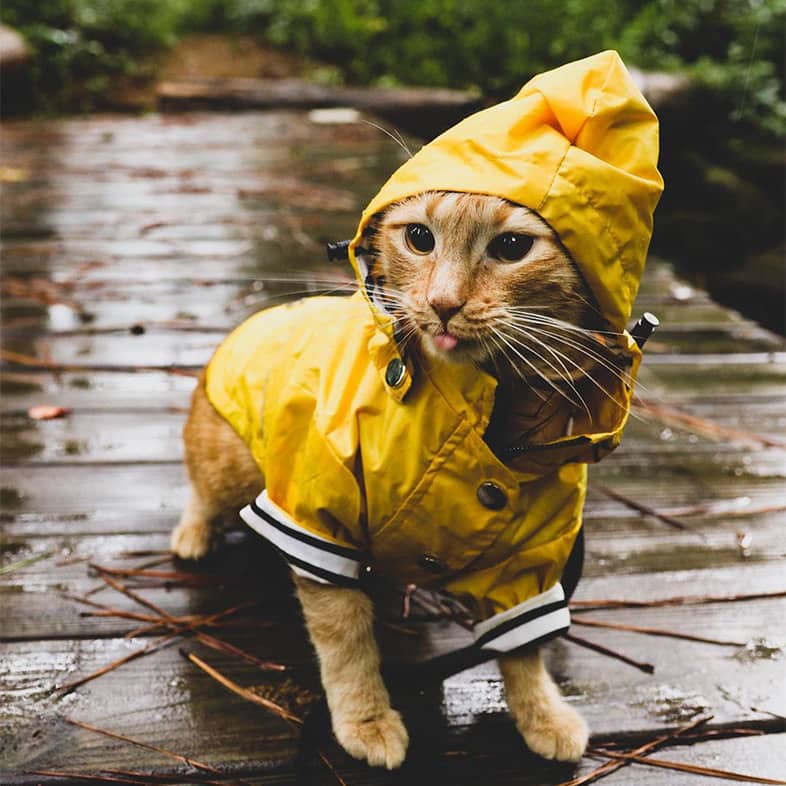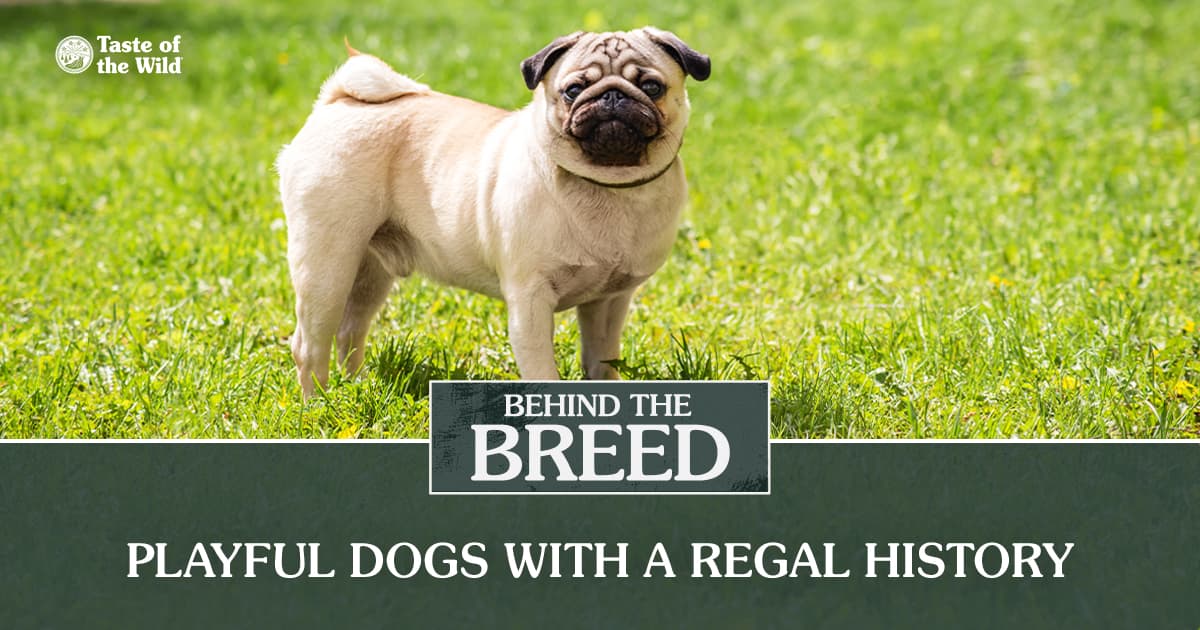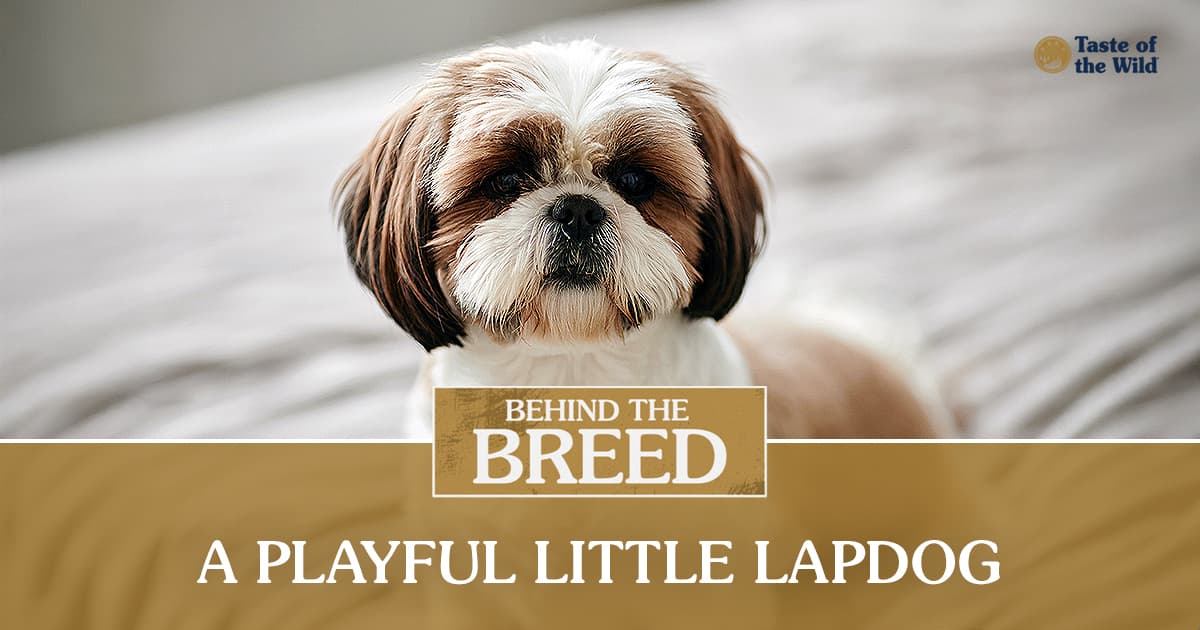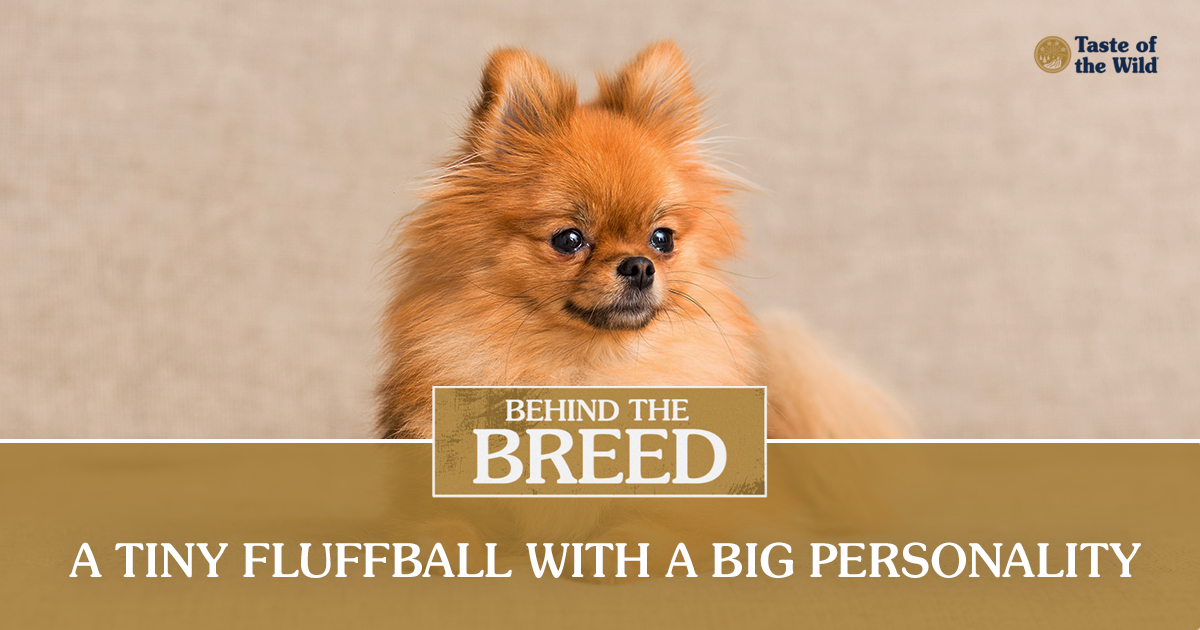Behind the Breed: Miniature Schnauzer
Category: Behind the Breed
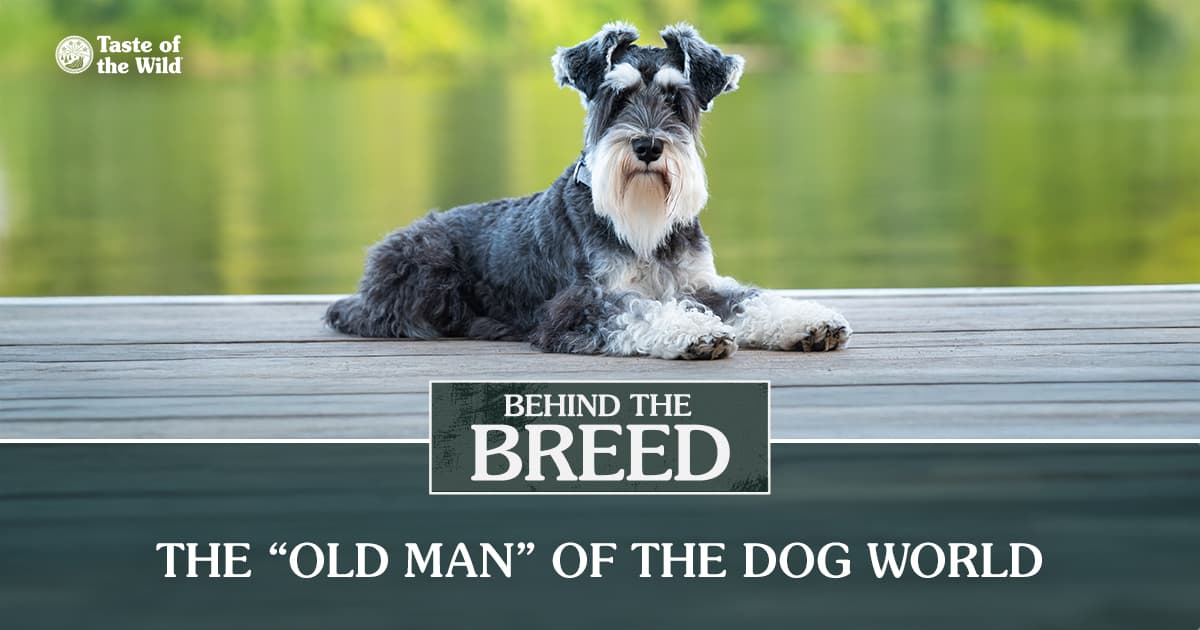
With their vibrant personalities, eagerness to please and distinctive beards, miniature schnauzers are a popular breed. They’re adorable, sure, but they also possess an outgoing personality and unwavering loyalty, making them an excellent pet for families. Let’s take a closer look at miniature schnauzers.
Physical Characteristics of the Miniature Schnauzer Dog Breed
The miniature schnauzer is a small, muscular dog that is part of the terrier group. They have a wiry coat that comes in three color patterns: salt and pepper, black and silver, and solid black. Like the standard schnauzer, their distinctive eyebrows and long, bushy beards give them an “old man” look.
Fun Fact: Schnauzer is derived from the German word “schnauze,” which means snout or muzzle. It can also mean “mustache” or “whiskered snout.”
How Big Do Miniature Schnauzers Get?
Miniature schnauzers grow up to 14 inches tall and weigh up to 20 pounds. These dogs are robust and agile, characterized by a well-developed muscular frame.
Miniature Schnauzer Personality Traits: Smart, Spirited and Charming
Miniature schnauzers are playful little dogs with big personalities packed into their small frames. Known for their intelligence and eagerness to please, they are highly trainable and quick to pick up commands, making them a favorite among dog owners who enjoy teaching tricks or participating in obedience activities. These smart, friendly pups are not only obedient but also full of charm and energy, always ready to play or cuddle.
They are very affectionate and good with young children, making them a great fit for family life. Just note that they can become snappy when nervous and can be aggressive toward other small animals. Their alert nature and lively disposition make them delightful companions who bring joy and loyalty into any home.
Training Miniature Schnauzer Puppies
Miniature schnauzer puppies are intelligent and energetic, making early training essential for both their behavior and well-being. Consistent training sessions not only teach basic commands but also provide crucial mental stimulation, which helps prevent boredom and destructive behavior. Owners need to introduce their puppies to walking on a leash early on, using positive reinforcement to encourage good habits. With patience and structure, mini schnauzer puppies can grow into well-mannered companions who respond well to their owners and enjoy the learning process.
Do Mini Schnauzers Shed?
The wiry coat of the miniature schnauzer sheds very little, making them a “hypoallergenic breed” (no breed is truly hypoallergenic) due to their low-shedding nature and double coat. However, excessive shedding can occur if there are underlying health issues. Frequent brushing can help remove loose hair from their coat.
Their hair can grow long, reaching lengths of 4 to 5 inches. Like other dogs with long hair, it’s a good idea to visit a professional groomer to prevent fur tangling and matting. Regular grooming every six weeks will help keep a miniature schnauzer’s coat healthy and shiny.
How Long Do Mini Schnauzers Live?
The life expectancy of a miniature schnauzer is normally 12 to 15 years. But just like other breeds, there are several factors that can affect their longevity, such as diet, exercise, genetics and regular veterinary care. Miniature schnauzers are generally healthy dogs, but they can be prone to certain health concerns, such as pancreatitis, urinary stones and cataracts. Make sure to consult your veterinarian if your mini schnauzer is experiencing any problems.
Some dogs are prone to becoming overweight, so watch their calorie consumption. Excess weight can lead to health problems that may affect your mini schnauzer’s life expectancy.
What Were Miniature Schnauzers Bred For?
Miniature schnauzers were originally bred in Germany in the late 19th century as all-round farm dogs, specifically for vermin control. They were developed by crossing the standard schnauzer with smaller breeds like the poodle to create a smaller, more agile dog that could effectively hunt and eliminate rats and other pests around farms and homes. Founded in 1933, the American Miniature Schnauzer Club serves as the official parent club for miniature schnauzers as recognized by the American Kennel Club. Other schnauzer breeds include the standard schnauzer and the giant schnauzer.
Today, the breed makes a wonderful family pet, and the same traits that once made them skilled at vermin control now make them excellent watchdogs. Their naturally alert and attentive nature helps them quickly detect anything unusual, often using their bark to alert owners to unfamiliar people or unusual sounds. This vigilance makes them reliable guardians of both the home and small children.
Adaptable and Loyal Miniature Schnauzers
Miniature schnauzers are small enough to accommodate city apartment life, but also have the stamina to run in large fenced areas. Similar to other similar small, gentle breeds, like the Yorkshire terrier and Cavalier King Charles spaniel, their size makes them easier to manage for families or individuals who prefer a smaller companion, making them an ideal choice for those seeking a loyal best friend.
The information in this blog has been developed with our veterinarian and is designed to help educate pet parents. If you have questions or concerns about your pet’s health or nutrition, please talk with your veterinarian.
